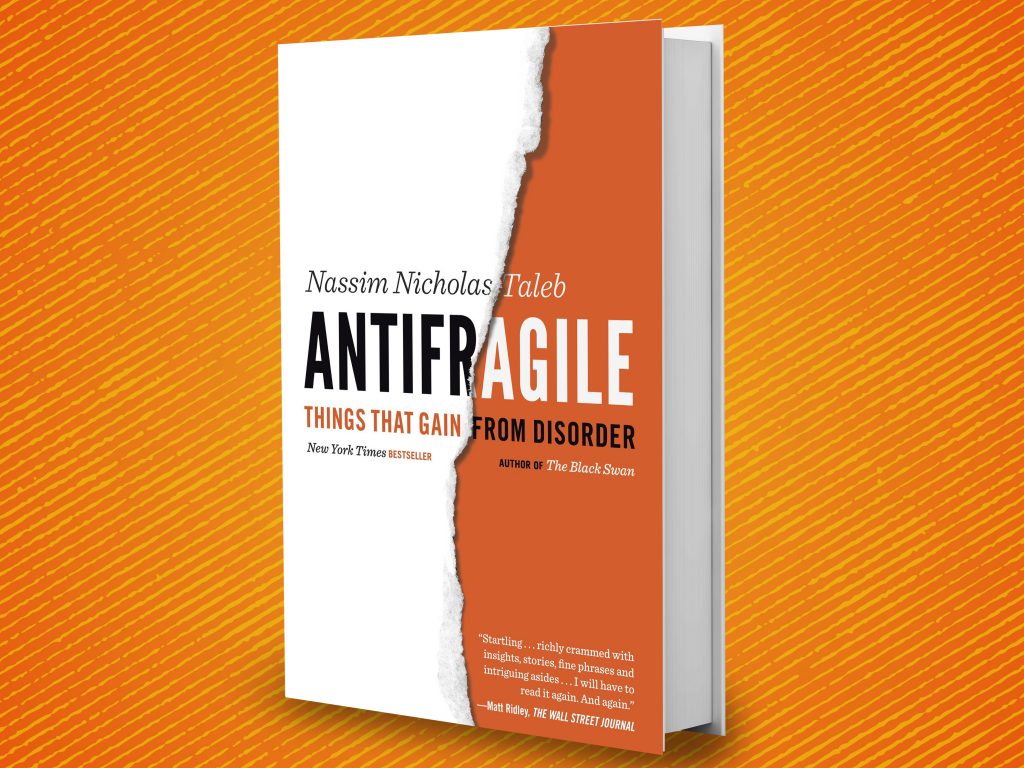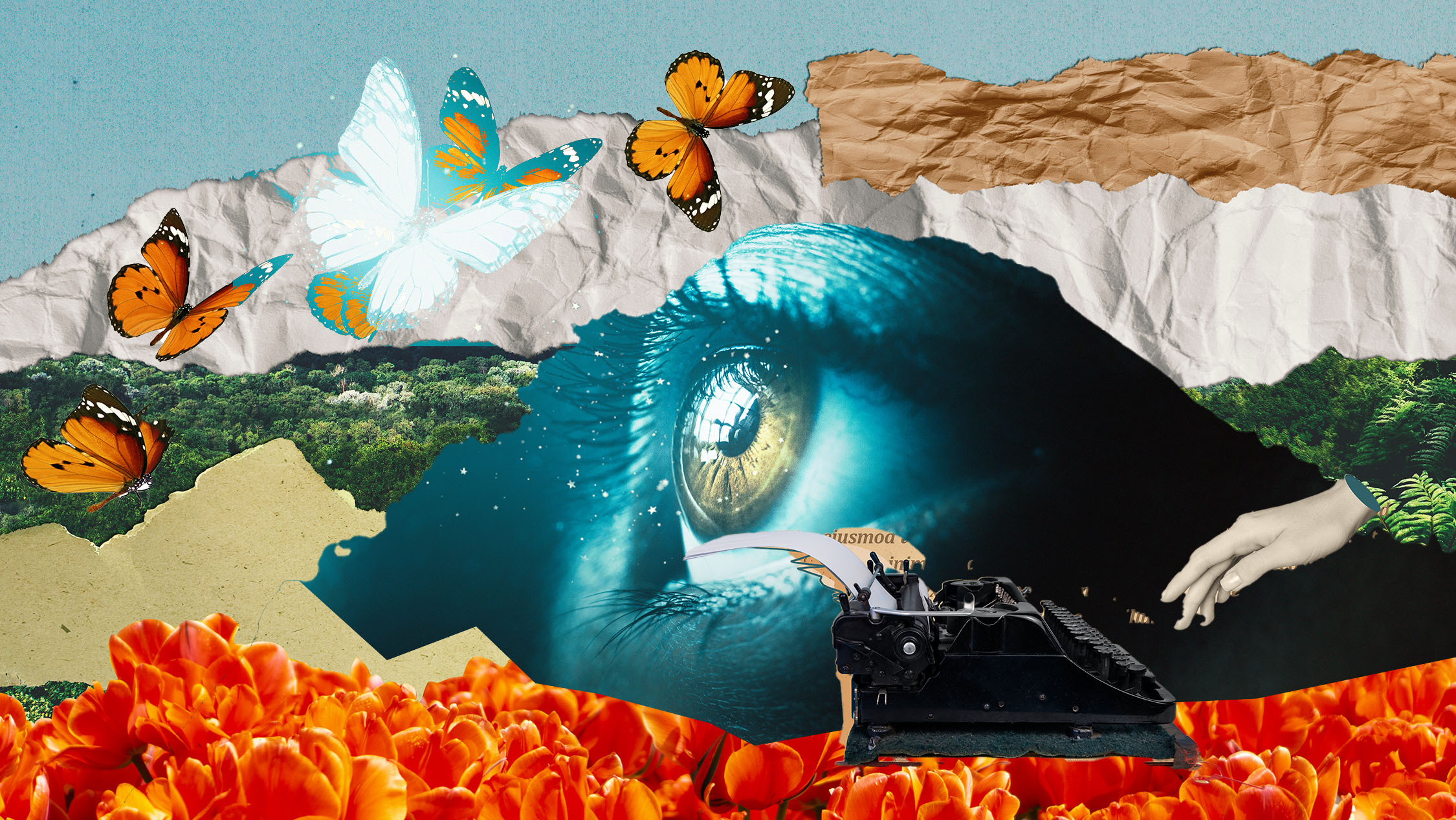Several weeks ago, I hosted a worldwide partners meeting where I shared an innovative concept with my colleagues that I recently read about in Nassim Nicholas Taleb’s outstanding and informative book, Anti-Fragile. The ideas behind this book have made a distinct impression on me, and I found it to be one of the most timely and important books for the current moment.
As a lifelong optimist, the book spoke to me primarily because of its assertion that we have the potential to become stronger and better despite stressors, uncertainty, and everything else that can get thrown at us during trying times. We become more resilient and robust individuals when we have gone through things that shock us, and we grow when we are exposed to situations that are volatile, random, and uncertain. Weathering the storms of life and work despite these stressors is what it means to become anti-fragile, and it’s a concept that resonated deeply with me.
The concept of anti-fragility is also backed up by science. There is consistent evidence that up to 70% of people experience exponential psychological growth when faced with difficult situations, including a deeper sense of purpose and a greater appreciation and sense of gratitude for life and loved ones. And another study found that the more exposure a person has had to suffer, the more resilience they were able to cultivate and discover within themselves.
After reading Anti-Fragile and reflecting on some of its core ideas, I realized that it would be incredibly important to share its message with team members in my company since I believe that we have embodied the concept of anti-fragility in many ways over the years, and it has led us to become more united and stronger. I also believe that in the wake of the COVID-19 crisis, we were better equipped than others to adapt, grow, and even thrive, since we’re used to dealing with the unknown and coming out the other side even stronger than before.
Especially during the global pandemic, we’ve seen these kinds of ideas in action and up close in Italy. For instance, I had the chance to see the difference in how Naples dealt with the outbreak and lockdowns as opposed to Rome. In Naples, people were much more optimistic and were able to find glimmers of hope in such a dark time. In contrast, the Romans I observed were much more pessimistic, and there wasn’t the same sense of unity and hope in the capital that I saw in Naples.
The importance of adopting a positive mindset over a negative one is one of the most important things you can do when you strive to become anti-fragile and overcome the challenges you face in life. Reflecting on these ideas also reminds me of one of my favorite quotes by Theodore Roosevelt, when he stated that you can only “do what you can, with what you have, where you are.” We can all take steps to embody the ideas behind Anti-Fragility, no matter what our situation may be so that in the face of challenges, we will continue to thrive.




